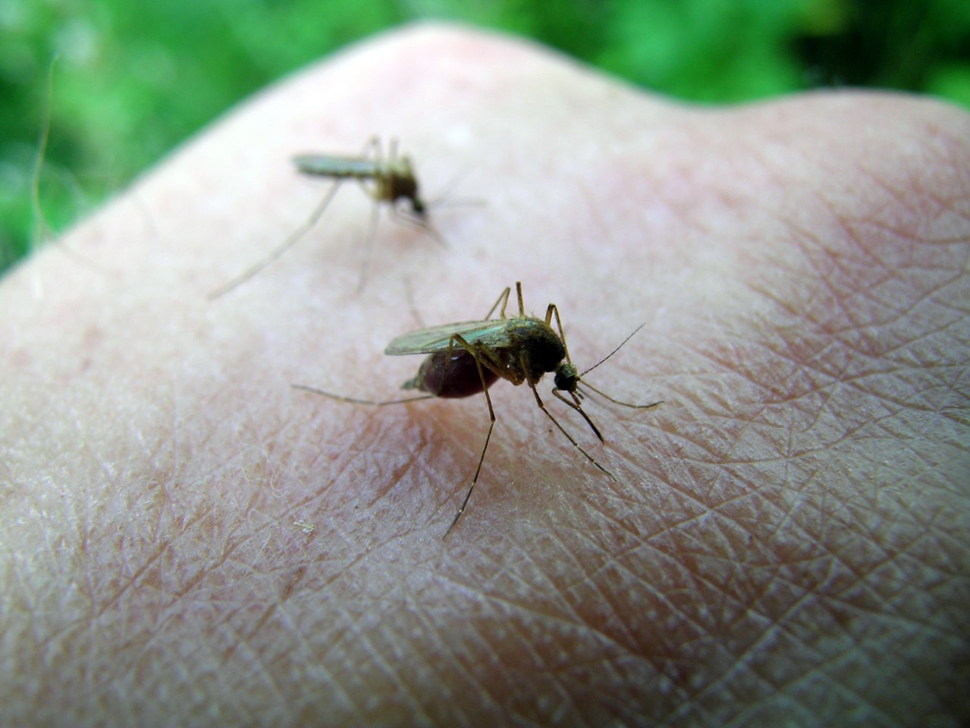Southern Manitoba has entered the peak season for West Nile Virus.
Dr. Aly Dhala is Chief Medical Officer for Southern Health-Sante Sud. He says Culex Tarsalis mosquitoes are the ones that carry West Nile Virus, and those species are most active from mid-July through August, especially during warm evenings.
According to Dr. Dhala, there are no active cases of the virus in humans in the region. He notes, however, there is one suspect case which the regional health authority is following. The region performs active surveillance with monitoring traps.
Though there are no human cases, Dr. Dhala says there are certainly cases of infected mosquitoes in the region. In fact, because of high numbers of adult Culex Tarsalis mosquitoes, and evidence of a high rate of mosquito infection with West Nile virus in the City of Winkler, the Manitoba government issued a ministerial order under the Environment Act to spray for adult mosquitoes there.
Dr. Dhala says West Nile Virus infection can range from being asymptomatic, which means the individual is not showing symptoms, to having mild flu-like symptoms including fever, a headache, body aches, or fatigue. In rare cases, an individual could have more serious presentations, including swelling of the brain and spinal cord, mental confusion, or coma.
Though anyone can contract West Nile Virus, Dr. Dhala says those most at-risk are anyone over the age of 50, those with weakened immune systems, and those with chronic health conditions. He notes those individuals are at highest risk of more severe complications and more severe presentations of the virus.
Dr. Dhala says there are steps we can all take to try and prevent the spread of West Nile Virus. This includes using a good insect repellent with DEET. Dr. Dhala also suggests wearing long sleeves and pants, especially at dusk and dawn. He encourages people to ensure the screens on their windows and doors are in good repair. Another step is to avoid having standing water on your yard. To do that, Dr. Dhala suggests removing flower pots, old tires, or anything on your yard that could collect water. He says this will help eliminate potential breeding grounds for mosquitoes.
"We are in peak mosquito season," reiterates Dr. Dhala. "Protect yourself, stay informed, and contact your health care provider if you have any symptoms after a mosquito bite. Summers in Manitoba are short, enjoy your time outside, and just try to minimize your risk where you can."
